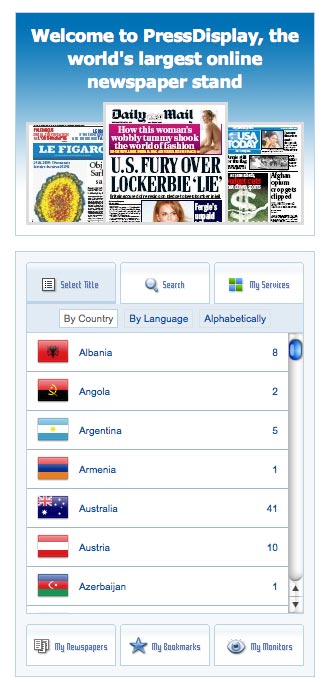So the government is not seeking another Twittercrat after all, ‘someone (…) paid to teach the [it] how to use social media such as Twitter, Facebook and Bebo’.
On one level this is a shame. Take this from the very web 2.0 Foreign and Commonwealth Office. Using the microblogging site Twitter, it announced earlier this week:
“@foreignoffice: Opium cultivation, production and prices are down according to @UNODC report http://bit.ly/qjGVm #afghanistan“
As Guido politely asks on his blog:
“Why, if you are trying to eradicate supply in Afghanistan, proudly boast that opium supplies are cheaper?”
Perhaps Whitehall really could do with a deputy to help the Twittercrat-in-chief (aka the director of digital engagement, aka Andrew Stott) to knock the troops into shape.
But that’s not going to happen. In fact, what’s more interesting is to follow the story – how it got out there and how the Cabinet Office went online – with mixed results – to rebut those original claims.
On Tuesday and Wednesday this week, the Daily Telegraph (‘Whitehall expands “Twittercrat” empire‘); Daily Mail (‘Ministers seek £120000-a-year ‘Twittercrat’ to help them communicate on the internet’); Daily Express (‘The Twittercrat on £118,000 a year – and you’re paying’); and a trade journal called Public Journal (‘Now they want a deputy Twittercrat‘); all carried very similar stories about the government’s supposed appointment of a director of digital engagment.
The only problem was that many of the points of fact in all four weren’t true. In its rebuttal statement, the Cabinet Office met each claim head on:
1. The job title is wrong
2. The details of the job description are wrong
3. Claims that the vacancy is for a ‘spin doctor’ are wrong
4. Details of reporting lines are wrong
5. Claims that digital engagement is all about pushing government messages on Facebook are wrong
Got that? It’s all wrong, although the circa £120,000 remuneration (including pension and bonuses) is not challenged.
To be fair to the papers, the job ad on which they were basing their copy lacked clarity. With its calls to ’embrace’, ‘re-engineer’, ‘extend’ and ‘engage’, the technocratic language is certainly open to some interpretation.
Nevertheless, there were some obvious inaccuracies, not least the job title, worthy of correction. As yet, scanning the print and online versions of these publications, no corrections have been made.
Meanwhile out on the web, the Cabinet Office was doing its bit to get its message across. It floated it out on social networks and the blogosphere. Meanwhile, former cabinet office minister Tom Watson (a Twitter veteran) put this out:
“@tom_watson Old media have problem with the word ‘digital’ when added (or not) to ‘engagement’. Cabinet Office fightback: http://bit.ly/12pI0S“
It carried a link to the Cabinet Office statement and was retweeted half a dozen or more times to be seen be many thousands of followers. Thanks to the network effect that underpins social tools like Twitter, word was getting out.
The end result?
A tight(ish) circle of digitally savvy Westminster, Whitehall and media folk and their associates got the message. But beyond that? Probably not quite far enough.
One of the great promises of the internet even in its pre-web 2.0 days was disintermediation, the notion that you can cut out the middle man.
It is an attractive proposition for everyone, from those seeking cheaper car insurance to celebrities keen to protect or repair their reputation to government departments wanting to go over the head of the fourth estate.
As we’ve seen in the recent past, for example in the case of singer Chris Brown, things don’t always turn out how you hope.
As so it is with the Cabinet Office’s attempts to right some wrongs. You and I know there’s more to the Twittercrat story than first thought, but most readers of the Telegraph, Mail and Express probably do not.
A story about outlandish salaries and civil service dilettantism is grist to the mill for those three papers – it plays to their agenda.
But as yet the average reader of all three is still expecting a £120k Twittercrat to head to a Facebook page near them soon.
Jon Bernstein is former multimedia editor of Channel 4 News. This is part of a series of regular columns for Journalism.co.uk. You can read his personal blog at this link.
 The new feature on the web portal will be branded as MSN PressDisplay and will give users free access to the front page and two stories from any publication on the day of print. To access more stories and back issues, users will be required to register with PressDisplay and offered subscription offers, starting at 79p to buy a credit to view another article.
The new feature on the web portal will be branded as MSN PressDisplay and will give users free access to the front page and two stories from any publication on the day of print. To access more stories and back issues, users will be required to register with PressDisplay and offered subscription offers, starting at 79p to buy a credit to view another article.